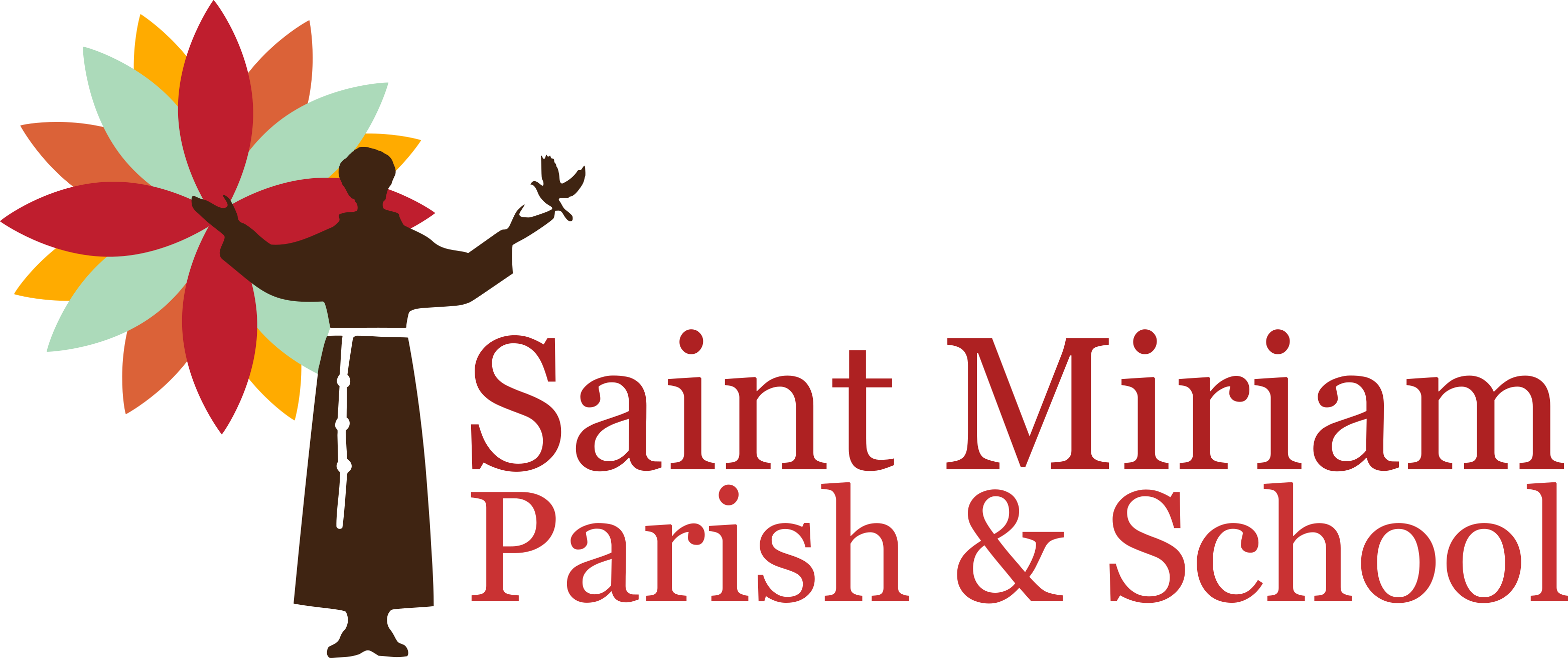“The celebration of the Eucharist is incomplete so long as there is hunger in our world.”
So said the holy and prophetic Pedro Arrupe, SJ way back in 1976 at the Eucharistic Congress held right here in Philadelphia. His words still stand as a powerful reminder of the social dimension of the Gospel. “We cannot properly receive the Bread of Life,” he challenged, “without sharing bread for life with those in want.”
As we continue to read the Bread of Life Discourse from John’s gospel during these Sundays of August, how important it is to remember that intrinsic social dimension of the Eucharist! If the Eucharist is simply a personal piety, we’ve missed the point. If it is a time to draw us together as followers of Jesus and strengthen us, that is better. But still incomplete. We always must remember what we are being strengthened for. We’re nourished to go out and continue the work of Jesus, the work of Love, the work of the Kin-dom of God.
As I mentioned on the first Sunday of August, when Jesus refers to himself as the “Bread of Life” he is, of course, speaking of what we now call the Eucharist—his gift of his Body and Blood as real food and real drink in the Sacrament. But he is talking about more than that, too. Jesus is saying that he himself is our nourishment. He is saying that his teachings and the example of his own way of living are the food and drink which bring meaningful life to our existence. He is saying, in other words, that when we put his teachings into practice, and when we act as he acted and love as he loved, we find real life, true life, God-saturated life, Kingdom of Heaven life.
And, of course, to live like Jesus and love like Jesus is to have a real, practical, tangible concern for our neighbors, especially those most in need: those hungering and thirsting for survival, for acknowledgement of their human dignity, for real food to eat. As Arrupe went on to say in his speech, “Our neighbor is now not only the man set upon by thieves whom we pass on the roadside, but also the scores of men, women and children who pass across our TV screens with swollen bellies and sunken eyes and bodies racked by disease or torture. These are our brothers and sisters, and we are bound to them by the Eucharist.”
He goes on to quote Cardinal Gracias: To wish to unite all men in the partaking of ‘spiritual’ bread, without at the same time providing ‘material’ bread is only a dream.”
Think about it: we celebrate the mystery of the INCARNATION—God became flesh in order to be with us, to go everywhere with us, to experience everything with us, to enter into the deepest solidarity with the entirety of our lives, and to nourish us everywhere and always with his life-sustaining love. He provided us with the “material bread” of his own life. And God continues to incarnate Godself in us, just as he did in Jesus! Christ now lives and does his work in you and me. So, just as he reached out to the least, so we reach out to the least. Just as he fed those who were hungry, so we feed those who are hungry. Otherwise, as Arrupe put it, the Eucharist is incomplete.
So, after coming forward each week and professing a faith-filled “Amen!” as the Body of Christ is placed in our hands, it is good for us to ponder: now, who can I feed this week? Who around me is hungry for food? Where in this world are there brothers and sisters of mine who need to eat, to survive? And how can I help? Who will I feed this week with love and mercy and kindness and compassion? Whose dignity will I affirm by my way of being and acting? Indeed, where is the Eucharist incomplete? And how can I help to complete it?
With love,
Father Liam

